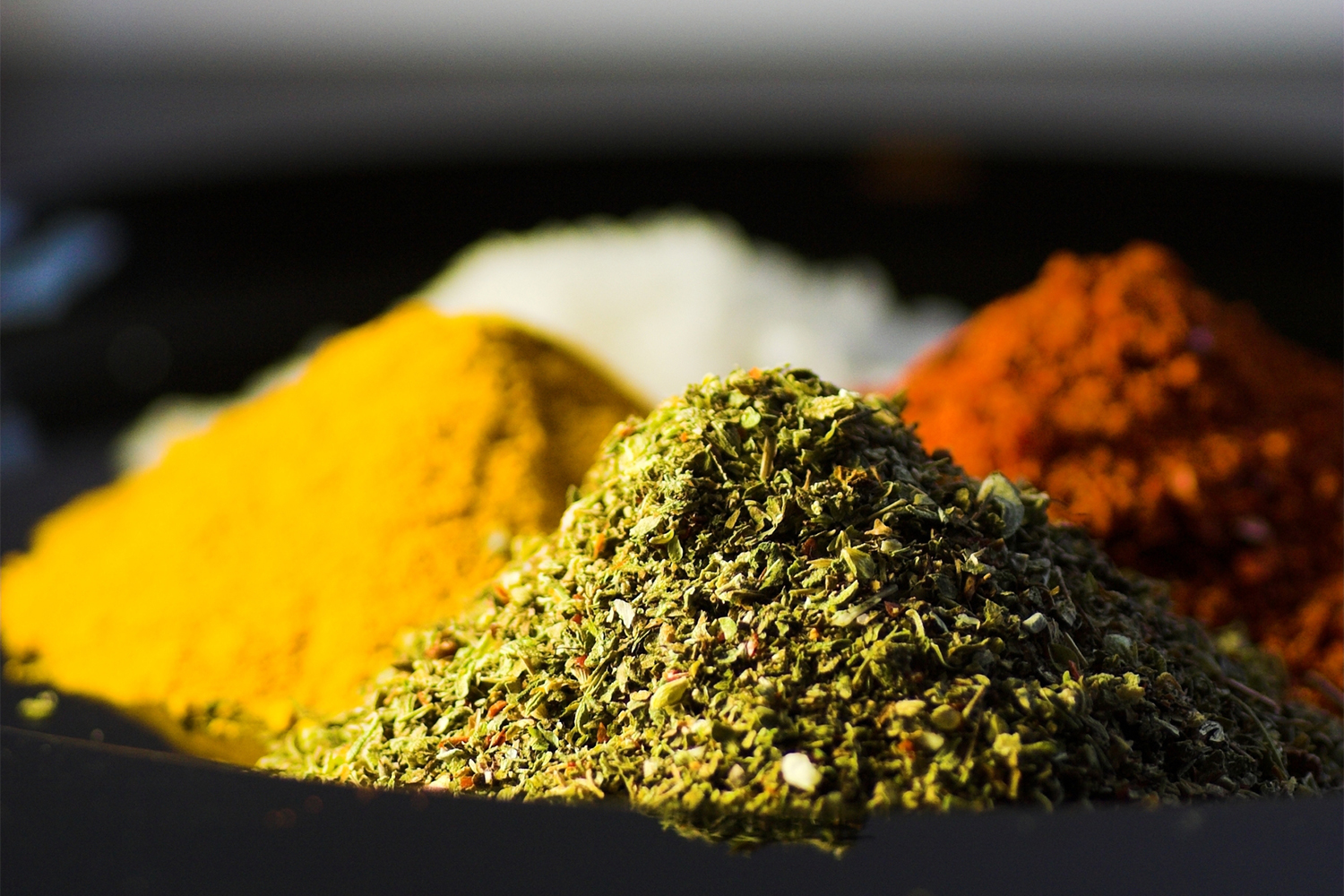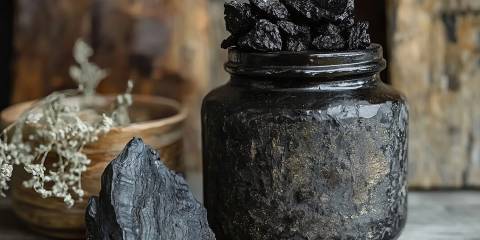Ayurvedic herbalism is based on the idea that each herb has specific energetic properties and pharmacological actions.
Qualities in Ayurvedic Medicine
Everything in nature can be used as a medicine if its qualities are known and the medicine is prepared and applied properly to the right person.
By qualities, we mean whether the medicine is:
- heavy or light
- moist or dry
- rough or smooth
- dull or sharp
- clear or cloudy
- stable or mobile
- flowing or dense
- soft or hard
Special Qualities
-
Virya
One quality is given special importance: the heating or cooling ability of the herb. This is called the herb’s virya.
-
Rasa
Largely determined by the herb’s taste, or rasa, the qualities of an herb are summarized by their effect on each of the three doshas (biological energies that combine in various proportions to determine one's individual constitution).
For millennia, Ayurvedic practitioners have tasted herbs to help understand their underlying qualities.
There are six tastes, and each has a combination of qualities that causes it to either increase or decrease a dosha.
Long Term Effects (Vipaka)
Understanding the long-term effect an herb will have on the body is an important aspect of Ayurvedic herbalism. This is called the herb’s vipaka.
There are three main long-term effects.
-
Sweet (Building Strength)
An herb with a sweet vipaka will be best for anyone who is fatigued or exhausted. Such patients usually have a vata and/or pitta imbalance.
-
Sour (Improving Digestion)
An herb with a sour vipaka is best for someone with weak digestion. Such patients usually have a vata or kapha imbalance.
-
Pungent (Purifying the Body)
An herb with a pungent vipaka is best for anyone who has lots of toxins in their body or who has excessive kapha dosha.
Balancing Your Dosha
Based upon the taste of the herb, its qualities, and its long-term effect, an Ayurvedic practitioner is able to determine the impact an herb will have on the doshas of the body.
There are three doshas or physiological forces that govern the functioning of the body.
-
Vata
Vata governs motion in the body.
-
Pitta
Pitta governs catabolism (metabolic breakdown and energy release).
-
Kapha
Kapha governs growth (anabolism) of the structures of the body.
Effects of Imbalances
When a dosha is increased (disturbed), there is an excess of that aspect of physiology.
-
Vata
Vata imbalances create excessive motion.
-
Pitta
Pitta imbalances create excessive heat and catabolism.
-
Kapha
Kapha imbalances create excess tissue growth.




